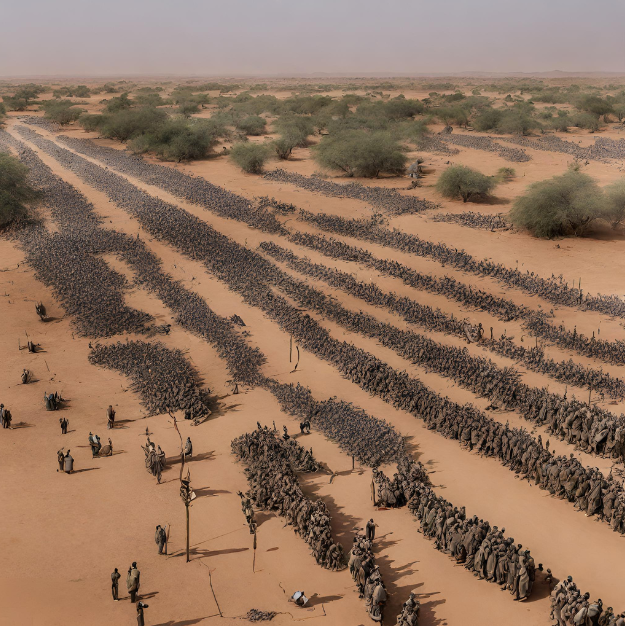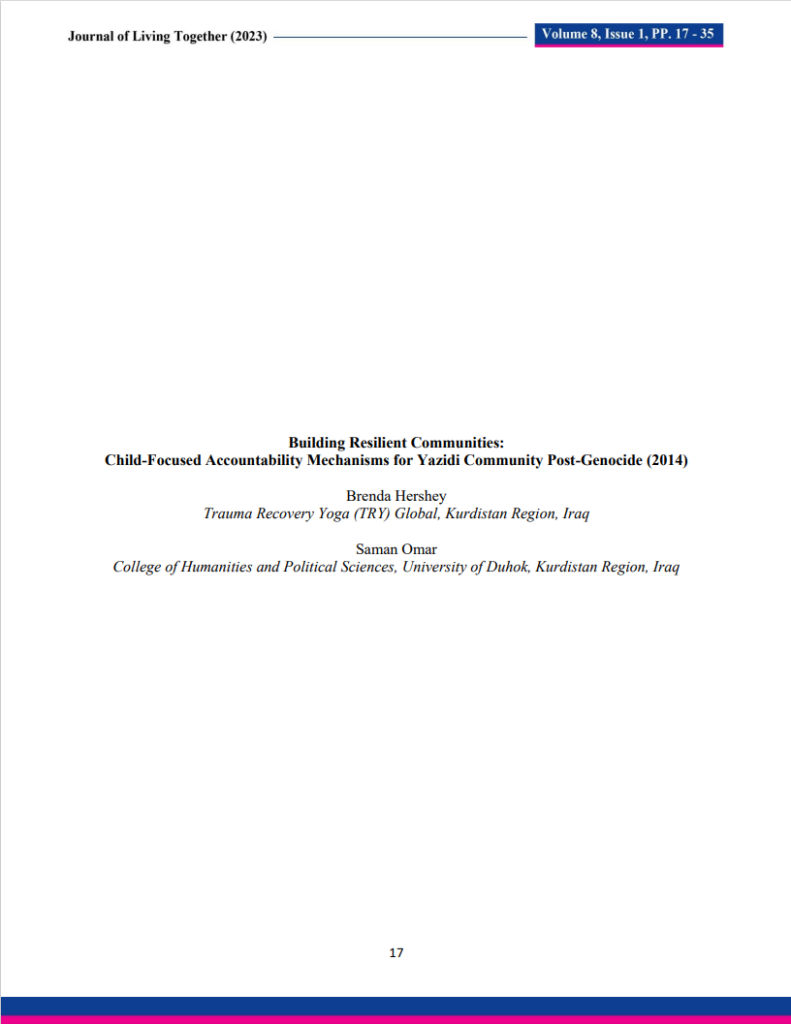Condemnation of Ethnic Cleansing in West Darfur’s Ardamata: Urgent Call for Ceasefire in Sudan to End Humanitarian Crisis


The International Center for Ethno-Religious Mediation (ICERMediation) strongly condemns the recent killing of over a thousand civilians in Ardamata, West Darfur by the Rapid Support Forces (RSF) and their allied militias. Some reports state that “over 2,000 civilians were killed by the Rapid Support Forces (RSF) and their allied Arab militias between November 4 and 9, 2023, and that most of the victims were members of the Masalit and other African ethnic groups.”
The reported targeting and killing of innocent civilians from this ethnic minority is not only a gross violation of human rights but also could be considered as genocidal. It undermines the principles of peace and coexistence that our organization tirelessly advocates for.
ICERMediation expresses its deepest condolences to the families of the victims and stands in solidarity with the affected community in Ardamata.
We express deep concern over the escalation of hostilities between the Sudanese Military and the Rapid Support Forces (RSF), leading to the loss of civilian lives and the exacerbation of the humanitarian crisis in the region. The targeting of African ethnic groups in Ardamata further exacerbates existing tensions, threatening the delicate fabric of societal harmony.
In light of these distressing events, ICERMediation:
- Condemns in the strongest terms the attack on Ardamata and the killing of unarmed civilians from Masalit and other African ethnic groups.
- Underscores the urgency of an independent and transparent investigation into the recent attack, ensuring accountability for those responsible for the violation of human rights. Perpetrators must be held accountable for their actions, and justice must prevail.
- Urges all parties involved, including the Rapid Support Forces (RSF) and the Sudanese Military, to cease hostilities immediately and engage in meaningful dialogue towards a peaceful resolution of the conflict.
- Appeals to the international community, regional organizations, and relevant stakeholders to exert diplomatic pressure on all parties involved to prioritize the well-being of civilians and seek a sustainable and inclusive resolution to the ongoing crisis.
- Stresses the importance of respecting the rights of all ethnic and religious communities in Sudan.
ICERMediation remains committed to its mission of promoting ethno-religious harmony, understanding, and cooperation. We firmly believe that a just and lasting peace in Sudan can only be achieved through dialogue, reconciliation, and a genuine commitment to the well-being of all its diverse communities.
We stand in solidarity with the people of Sudan and earnestly call for an immediate end to the bloody conflict, paving the way for a brighter and more peaceful future.
For questions, please contact us.


